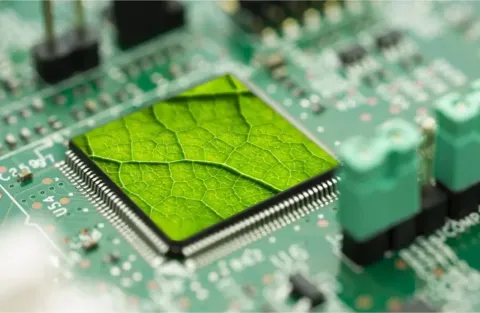Provision of general-purpose datasets via multisensory ground robot
National Institute for Research in Digital Science and Technology (INRIA)
Location
At user's premises

France

 Arable farming
Arable farming
 Food processing
Food processing
 Greenhouse
Greenhouse
 Horticulture
Horticulture
 Tree Crops
Tree Crops
 Viticulture
Viticulture
General-purpose datasets serve two primary objectives: (i) evaluating mobility algorithms and (ii) developing and assessing general-purpose AI applications. In the context of mobility algorithms, this pertains to classical robotics tasks such as mapping, localisation, SLAM (Simultaneous Localisation and Mapping), and navigation. Meanwhile, general-purpose AI applications focus on advancing algorithms and feeding decision support systems (DSS) for tasks such as, but not limited to, weed detection, health monitoring, growth and maturity assessment, and yield estimation in areas like arable farming, horticulture, food processing, forestry, and tree management. A significant challenge in developing AI solutions for agricultural robotics lies in the dynamic nature of agricultural environments, which fluctuate with different seasons and weather conditions. To address this, acquiring consistent and periodic data is essential for monitoring these changes effectively. This real-time data collection, often facilitated by ground robots, is crucial for developing efficient algorithms and AI solutions. Such datasets can support the development of sensor-specific techniques or be leveraged to create multisensory algorithms, enabling more accurate and adaptable systems for agricultural applications.
Data analysis
Data augmentation
Desk assessment
Provision of datasets
